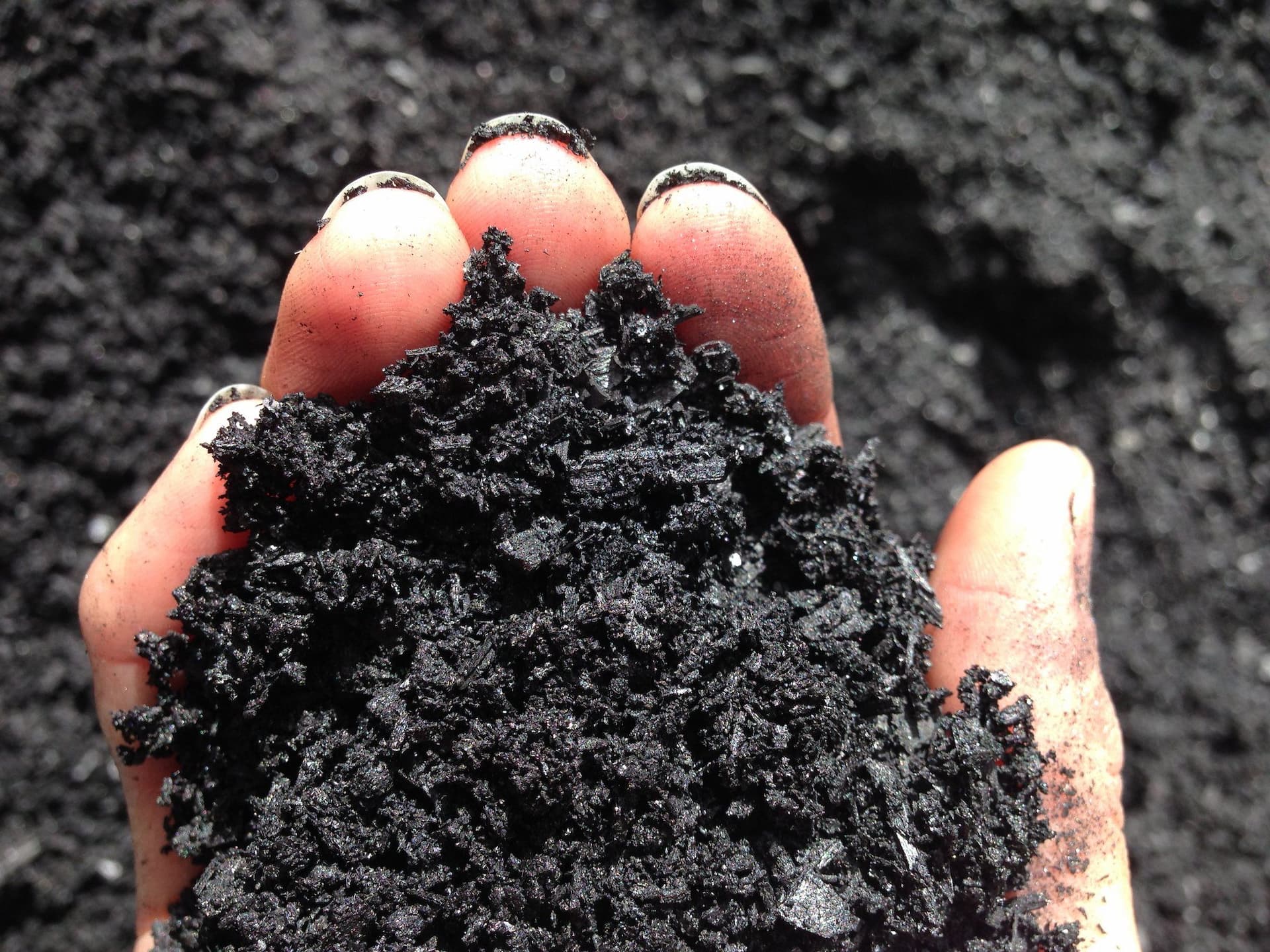Progress for 0 ad
Progress for 1 ad
Progress for 2 ad
Progress for 3 ad


Daniel Metaferiya
Addis Ababa, Ethiopia

Ethiopia’s agricultural sector is the lifeblood of the country’s economy. It contributes about a third of the GDP, above 70% of merchandise export earnings, and accounts for nearly 80% of the labor force. Yet despite its vital role, the land yields less than it should. A confluence of traditional farming techniques, policy bottlenecks, and growing climate volatility has long held back its promise.
Now, the pressures are mounting. Rising temperatures, increasingly erratic rainfall, and worsening soil acidity are eroding what little gains farmers have made. Fertile land is becoming less productive, even while fertilizer use and prices have skyrocketed. As a result, cereal yields increased only 10% despite a fivefold increase in fertilizer application since the 1980s.
Proposed remedies have ranged from reducing tillage to cooling down the use of synthetic chemicals in agriculture. In recent years, an ancient technique with roots in farming societies almost two millennia old has resurfaced with promising prospects. Across the Amazon River basin in what is today Colombia, indigenous inhabitants had been applying charcoal in a cocktail that included food waste and pottery shards to create Terra Preta (dark earth). In its contemporary rendition as biochar, which is made through the pyrolysis of several organic materials as opposed to just wood, and at a higher temperature, the Amazonians’ soil remedy has become a peculiar phenomenon in sustainable agriculture.
Environmental engineer Mahder Solomon believes that it just might be what Ethiopia needs to reverse an alarming rate of land degradation. The founder of Energetic Eco Char says the billions spent on importing fertilizer annually could also be significantly reduced by the wider adoption of biochar.
“Local farmers need local solutions,” she told Shega.
A former department head at Hope University College, Mahder left academia earlier this year to focus full-time on building the business. Fortunately for the mother of two, she has found recent success through a 7K grant from Heifer Ayute Africa Challenge Ethiopia.
“I had no idea how to secure grants until a friend suggested I visit X-hub Addis,” Mahder says.
The move proved to be a pivotal catalyst as a thousand-dollar reward following a pitching competition allowed her to access lab facilities and get to work. Her early product would enable her to become among finalists in the Ayute challenge.
“ I am going to buy machinery and equipment with the money,” she says
While Mahder has only recently ventured into biochar as an entrepreneurial pursuit, she had already explored the potential of charcoal in a thesis paper on energy sources for cement industries. The prescient engineer had identified Prosopis juliflora, an invasive evergreen shrub introduced to Ethiopia in the 70’s, as a reliable input for coal production. Today, that same thorny species fuels her biochar production.
The highly invasive species currently covering over 1 million hectares at just around 12.5% of Ethiopia’s landmass has become can become an abundant input for biochar production. Furthermore, its clearing also appears to contribute to soil production, with cropland cleared from P. juliflora producing 26% higher yield than cropland with no invasion history in the Afar region.
Mahder’s powdered biochar sells for 30 Birr per gram, with 70 grams sufficient to enrich a square meter of land. She is also experimenting with liquid biochar formulations and exploring the use of coffee waste as an input, part of her long-term vision to diversify both applications and sources.
While some players in Ethiopia’s agricultural ecosystem have started to pick up on the lush promises of biochar, widespread adoption remains limited. Projects like Eth-Soil have had early success by combining biochar with compost or fermentation residues from biogas plants to create a biochar-based fertiliser. However, with nearly 85% of Ethiopia’s land estimated to be moderately to severely degraded, this Amazonian insight could prove to be a worthwhile bet.
👏
😂
❤️
😲
😠

Daniel Metaferiya
Daniel Metaferiya is a writer, journalist and radio host, with a keen interest in technology. He follows developments in Ethiopia's startup ecosystem closely and is passionate about profiling unique MSMEs.
Your Email Address Will Not Be Published. Required Fields Are Marked *